In fact, there has been an underground race between some countries. Therefore, in recent years, some Asian countries with developed economies have actively built and promoted soft power at different levels to make the most of each country's characteristics.

Soft economics
China is ranked third in Brand Finance’s list of the Top Soft Power Countries in 2024. According to Brand Finance, this ranking comes from China’s changes in business, trade, education and science indicators. The concept of “soft power” was first explicitly mentioned at the 10th Party Congress of China in 2007. At that time, former President Hu Jintao said: “The great renaissance of the country will certainly be accompanied by the vigorous development of Chinese culture.” At the 2014 Party Congress, President Xi Jinping also commented: “We should enhance soft power, present a good story about China and better communicate China’s messages to the world.”
International relations analyst Joshua Kurlantzick argues that China is building its soft economic power through international aid and assistance. This includes deft economic diplomacy and is reflected in large regional trade agreements or expanded official development assistance (ODA) in a cooperative manner. Southeast Asia, Africa, the Middle East and Latin America are all areas that are directly affected by China’s soft power. The Belt and Road Initiative (or BRI) is described by Chinese leaders as a means of soft power, calling for the promotion of regional connectivity. Another tool for China to expand its soft power is through its Confucius Institutes, the first of which opened in 2004 in Seoul, South Korea.
There are also centers, non-profit organizations affiliated with the Chinese Ministry of Education, that offer Mandarin courses, cooking and calligraphy classes, and celebrations of Chinese national holidays.
Promote national image
Japan is the country ranked 4th in this ranking. Not only promoting the image of a peaceful country, thereby affirming the weight of Japanese cultural values, increasing soft power is also expected to expand the market, promote the export of cultural industrial products abroad, contributing to the recovery and growth of the Japanese economy.
Since the beginning of the 21st century, the concept of “soft power” has been increasingly mentioned in discussions and policy documents of the Japanese Government. In 2003, the Ministry of Foreign Affairs and the Japan Foundation conducted a comprehensive survey of organizations and cultural exchange programs with Western countries. On that basis, in 2004, the Japanese Government established a Special Department under the Ministry of Foreign Affairs in charge of community diplomacy or public diplomacy, and at the same time, the Special Committee for the Development of Japanese Cultural Diplomacy was also established, to organize the promotion of traditional culture of the land of the rising sun to countries in the East Asian region. The concept of “soft power” was officially mentioned in the diplomatic “Blue Book” of the same year.
Japan's current success in promoting soft power stems from the government's shift from "political diplomacy" to "public diplomacy". Aware of the sustainable and stable nature of power from culture, Japan has focused on promoting music, cuisine, language... abroad, especially two elements: manga (comics) and anime (animation). The process of "cultural export" not only creates economic momentum, consolidates the country's position but also increases the appeal of the new image - a modern, rich and peace-loving power.
In addition to its regular and continuous aid activities, Japan has also taken a leadership role in combating climate change and addressing regional security issues. Japan’s multifaceted soft power strategy, combining popular culture, foreign policy and political values, has been effective in many regions of the world, including Southeast Asia.
As one of the important factors in assessing the value of national brands, every year, Brand Finance conducts the Global Soft Power Index Report. This is considered a comprehensive research report related to the assessment of soft power of countries. The latest survey was conducted by Brand Finance on 170,000 people in 193 countries that are members of the United Nations, based on aggregated data from the performance of the pillars (business, trade, governance, international relations, culture and heritage, media and journalism, education and science, people). In addition, there are the criteria: Popularity of national brands; Overall reputation globally.
THANH HANG
Source








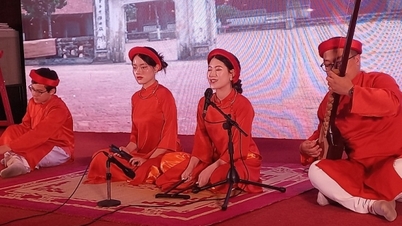






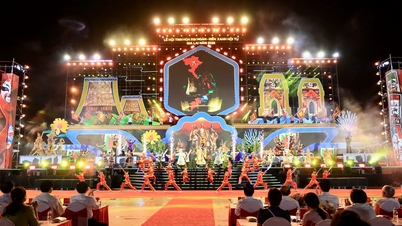

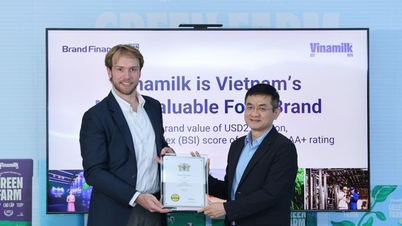

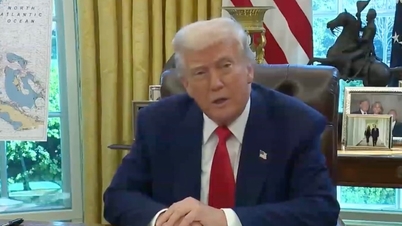


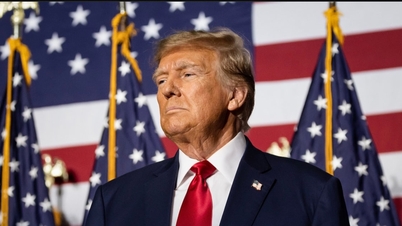
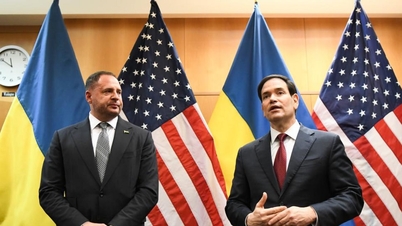








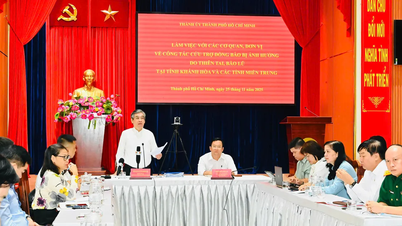
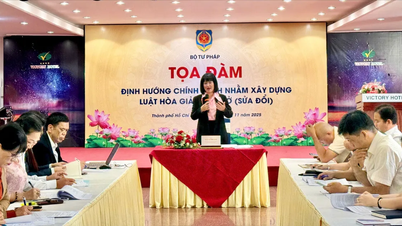
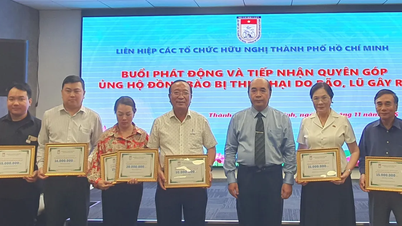

![[Photo] Close-up of Ba Ha River Hydropower Plant operating to regulate water to downstream](/_next/image?url=https%3A%2F%2Fvphoto.vietnam.vn%2Fthumb%2F1200x675%2Fvietnam%2Fresource%2FIMAGE%2F2025%2F11%2F25%2F1764059721084_image-6486-jpg.webp&w=3840&q=75)


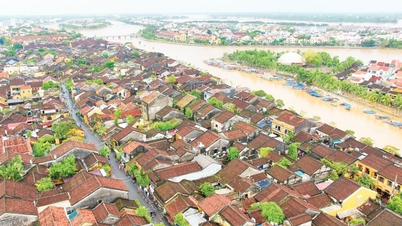

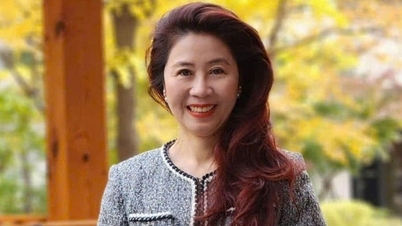
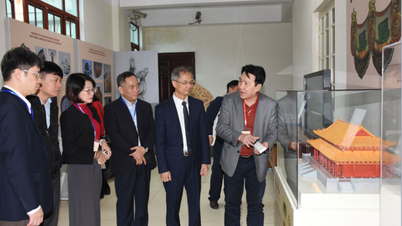

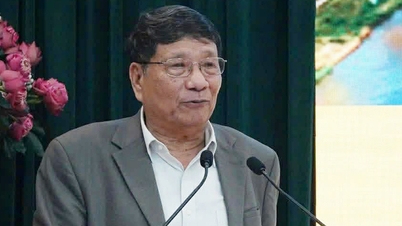

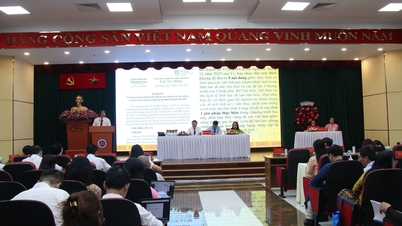






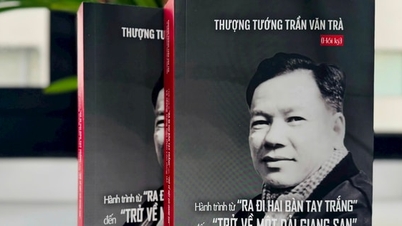



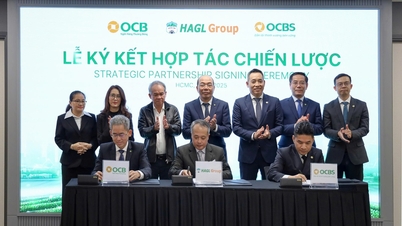

![[Answer] Should I install an elevator for an old renovated house?](https://vphoto.vietnam.vn/thumb/402x226/vietnam/resource/IMAGE/2025/11/25/1764039191595_co-nen-lap-thang-may-cho-nha-cai-tao-cu-khong-04.jpeg)

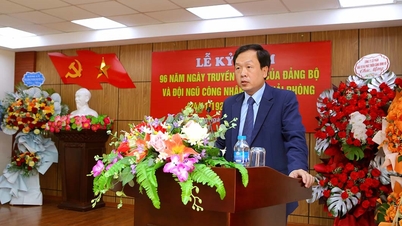

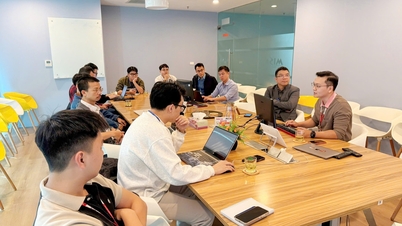









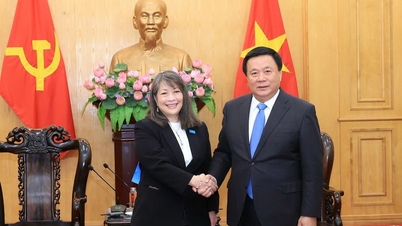

![[Photo] President Luong Cuong receives Governor of Kaluga province Vladislav Valerievich Shapsha](https://vphoto.vietnam.vn/thumb/402x226/vietnam/resource/IMAGE/2025/11/25/1764057337996_image.jpeg)
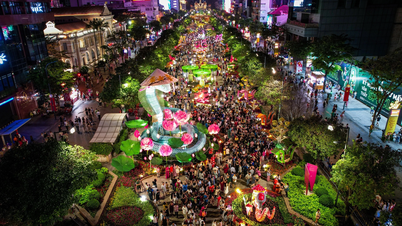
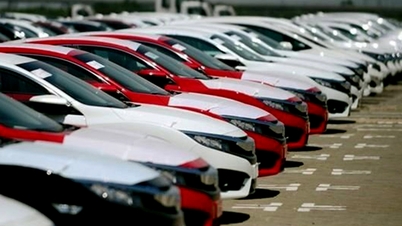

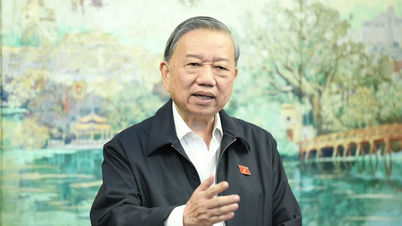
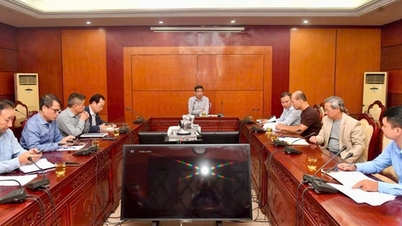

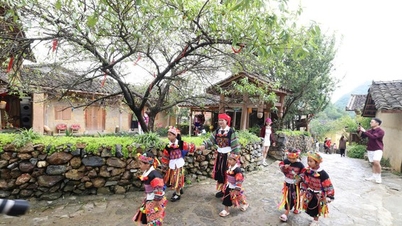
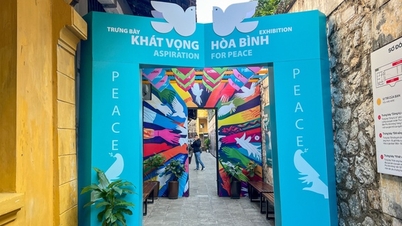
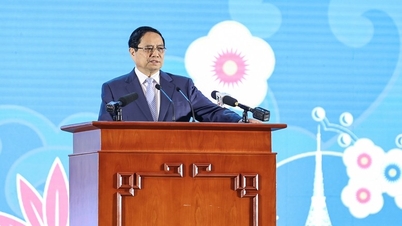

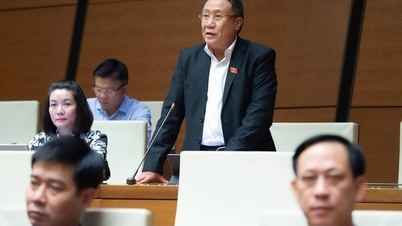
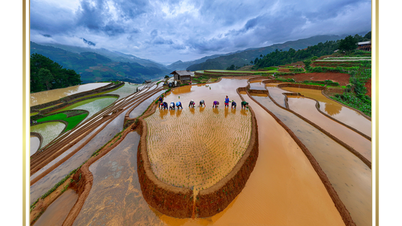
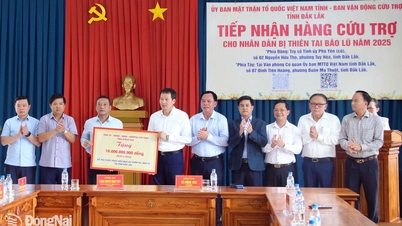

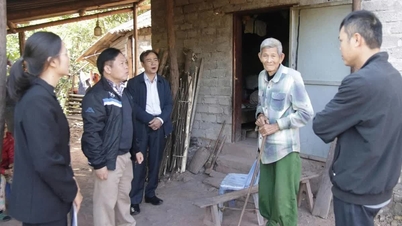



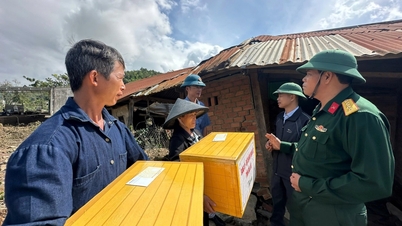

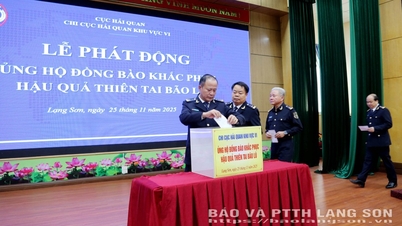












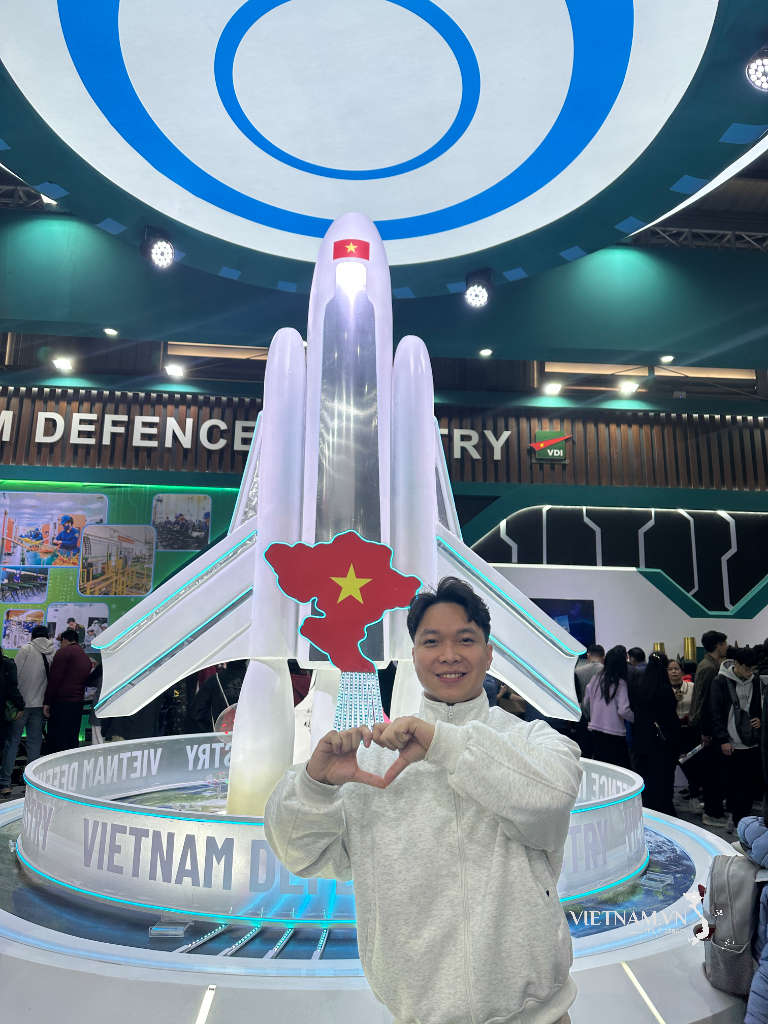


Comment (0)